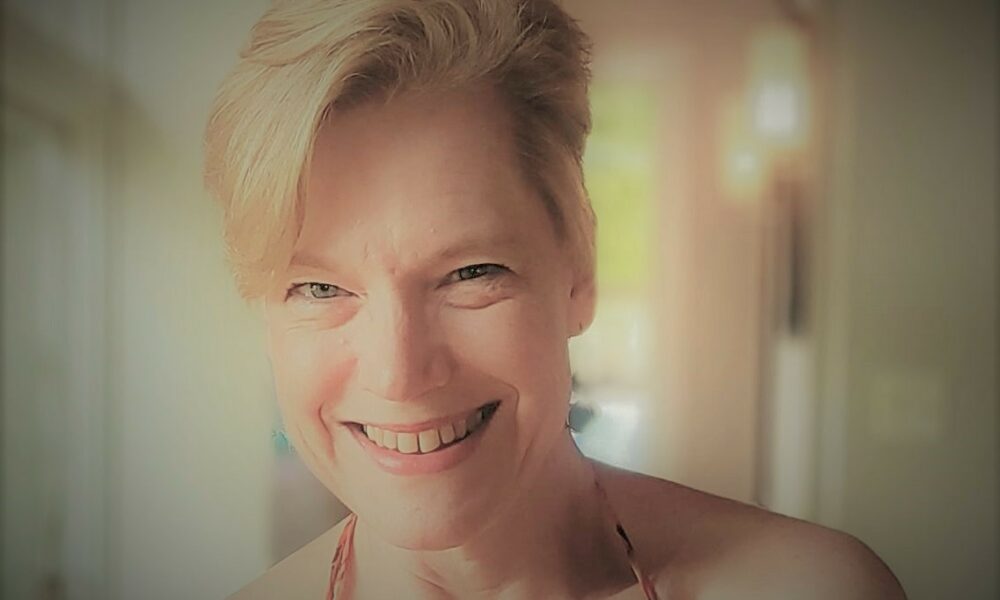

Today we’d like to introduce you to Lynn Wehrman.
Hi Lynn, so excited to have you on the platform. So before we get into questions about your work-life, maybe you can bring our readers up to speed on your story and how you got to where you are today?
I grew up in a family where there were generations of cognitive disabilities. My four sisters and I were all born with Epilepsy. Of the 5 girls in my family, most of us outgrew Epilepsy. I have one sister who still deals with it today.
At age 13 I was hospitalized for depression, and a series of misdiagnosis about my mental health began. While the hospitalization and subsequent talk therapy stabilized me, I entered college and marriage deeply troubled. After I gave birth to my daughter at age 28, postpartum depression set in and my life pretty much fell apart. From the time I was 29 until I was in my early 40’s, I struggled to understand the difficult mood shifts, reoccuring depression, and my inability to cope with jobs, despite demonstrating capability in different roles.
From young adulthood to my late 30’s life was a struggle. I have been homeless, have lived in unsafe neighborhoods and in low-income housing. I went from job to job and program to program during those years. Probably the most heartbreaking thing was that I could not live with my daughter full time and be a part of her daily life.
Then, an insightful therapist contact my psychiatrist at Park Nicollet Clinic with the thought that I may have Borderline Personality Disorder traits, that my life turned around. I underwent Dialectical Behavioral Therapy (Dr. Marsha Linehan) in a program Park Nicollett Clinic was piloting. Most of the medical community didn’t know what it was, so I was fortunate to be receiving services at the clinic at that time. The BPD diagnosis was the only thing that made sense to me. DBT gave me the possibility of being able to understand and deal with the diagnosis. I felt as if the world had color, and the sun was shining, after a lifetime of struggle.
My Borderline Personality Disorder diagnosis is an part of the story to tell in relation to my founding WeCo. Without this struggle and perspective, I would never have understood what it’s like to be written off, marginalized, and have people assume you can’t contribute.
When I began to recover, my career became established in late 30’s first as a federal program coordinator, then as a digital accessibility specialist in state government. In that role I witnessed people living with disabilities being “told’ by software companies what their digital accessibility needs were. The ability for these individual to interpret their own accessibility needs was being utterly discounted. That is what sparked the concept of our company, Digital Accessibility by WeCo.
To back up a bit: I was given the task to figure out how to make the State agency’s website for their Americans with Disabilities Act (ADA) transition plan, accessible to users with disabilities. Just a few weeks into doing that work, I realized that what I was doing was pioneering a job for savvy digital professionals who live with disabilities. A few months in, I knew there needed to be a company that would also train people with disabilities to be disability-focused usability testing professionals.
I was a writer, a federal program coordinator, and had run successful businesses in the past. I still have no idea how I came up with the concept of a digital accessibility/UX company founded and powered by professionals with disabilities. It was almost as if the idea selected me. There’s a quote by Carroll Shelby, the man who engineered the Ford Mustang, where he talks about the strong motiviation he couldn’t resist to create a car capable of beating Ferrari at Le Man’s. It perfectly describes what happened to me when the idea for WeCo took hold of me:
“…there are a few, a precious few, and hell, I don’t know if they’re lucky or not, who find something they have to do, something that obsesses them. Something if they can’t do it, it’s going to drive them clean out of their mind.
I’m that guy.” -Carroll Shelby
I cannot tell you how harrowing it was to start this company with no funds, no one who could conceive of what we were trying to do, let alone believe in the business concept. I didn’t begin real gainful employment until I was in my 40’s because of my mental illness, had been homeless and destitute, so I had no equity or any leverage to fund a startup.
Yet I was going to build a company called WeCo. The idea got a hold of me and hasn’t let go yet.
Would you say it’s been a smooth road, and if not what are some of the biggest challenges you’ve faced along the way?
A company started by a woman with a mental illness diagnosis, who had basically no significant career experience, there has been nothing but obstacles. But WeCo’s culture is essentially a built-in attitude adjustment. When you work with a team as determined as ours, who get up every single day and overcome countless challenges to live their lives, yet are told over and over, despite capability and education, YOU CAN’T, giving up just simply isn’t an option.
The obstacles I faced starting this company where nothing compared to the obstacles our people have navigated. There simply was no excuse not to succeed.
Thanks for sharing that. So, maybe next you can tell us a bit more about your business?
Digital Accessibility by WeCo s a mission-based consulting group founded and staffed entirely by digital technologists who live with disabilities. The company works to make government, private and nonprofit organizations’ websites accessible to people who live with disabilities in accordance with Web Content Accessibility Guidelines (WCAG) and US and international legislation.
WeCo is not only blazing an employment trail to engage people living with disabilities as subject matter experts in digital communication accessibility, but also putting organizations in direct contact with professionals who can help them make their website and software truly accessible to customers who live with disabilities. We are also branching out into disability employment consulting services this year; something our clients have begun to request of us.
Our company has been named a Leading Disability Employer by the National Organization on Disability in 2019, 2020 and 2021.
What sort of changes are you expecting over the next 5-10 years?
Accessibility has been viewed as a human right in the past, but the change was moving very slowly. The social justice awareness prompted by a global pandemic has quickened the pace, though many people and large organizations still don’t see disability as part of diversity. The laws that govern digital accessibility are driving equal digital access at a faster pace. Digital accessibility lawsuits are rising exponentially and businesses are finally seeing that being accessible is not only “nice” it’s necessary for survival.
The question is: when will people living with disabilities be consulted about their own digital needs?
There is an astonishing lack of accessibility companies in which people with disabilities are employed, and even fewer where we are owners and serve in leadership roles.
WeCo exists to change that. We believe that in the next 5-10 years our example will reshape the industry to include professionals with disabilities as a practice, and not an exception.
Contact Info:
- Email: [email protected]
- Website: https://theweco.com
- Facebook: https://www.facebook.com/TheWeCo/
- Twitter: https://twitter.com/WeCo5
- Youtube: https://www.youtube.com/channel/UCpbaqXan4_t4nmfWLjGMKSQ
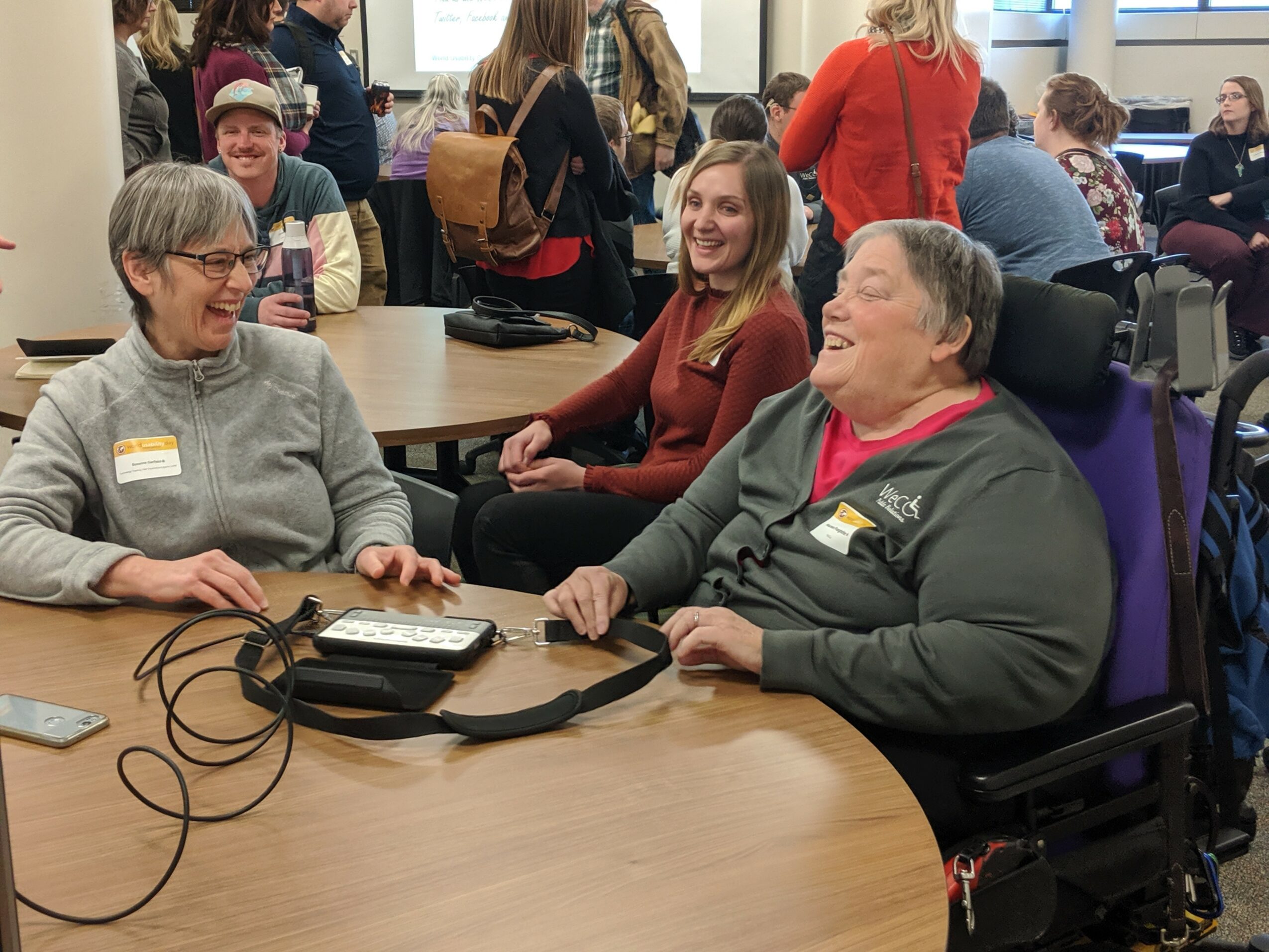
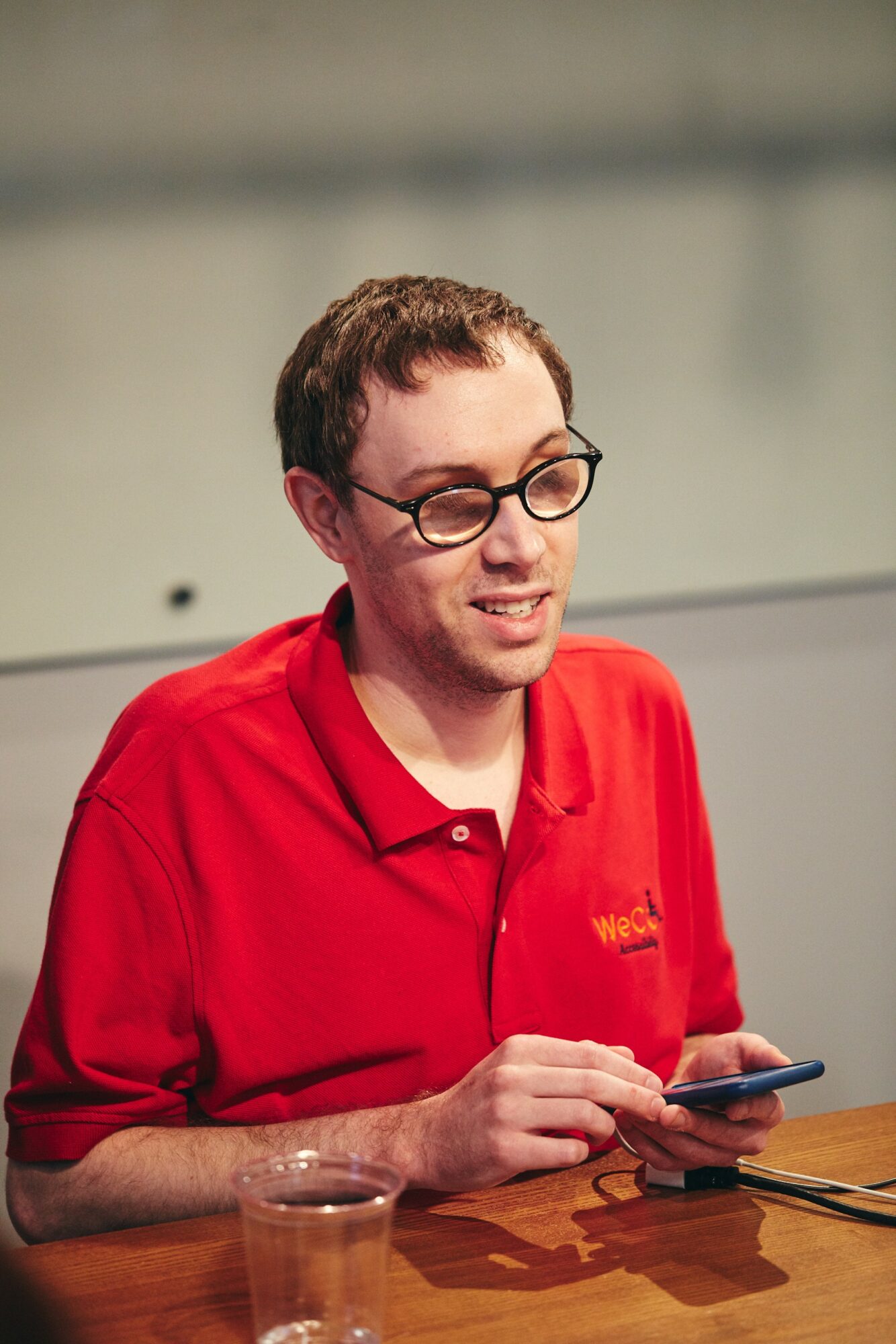
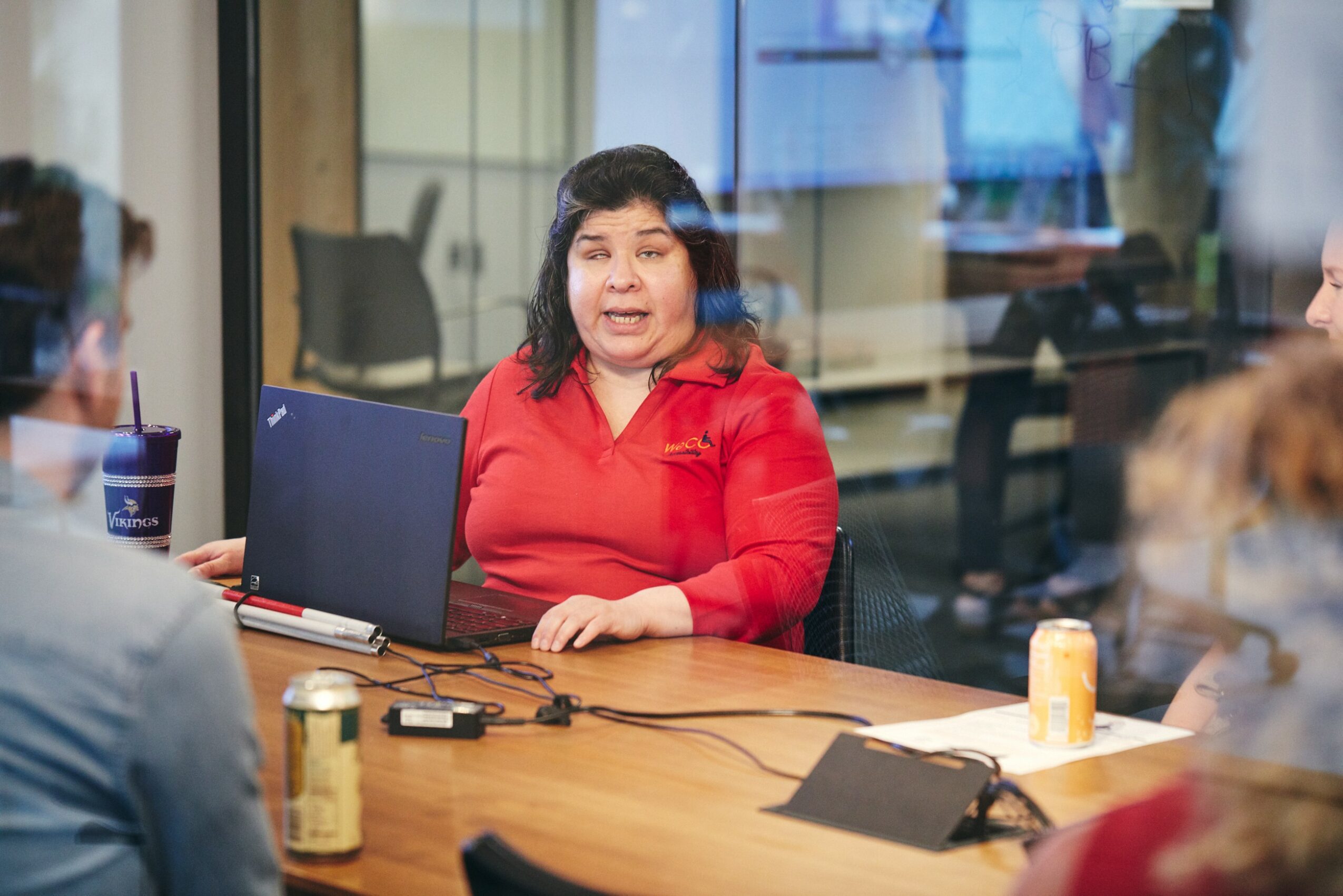
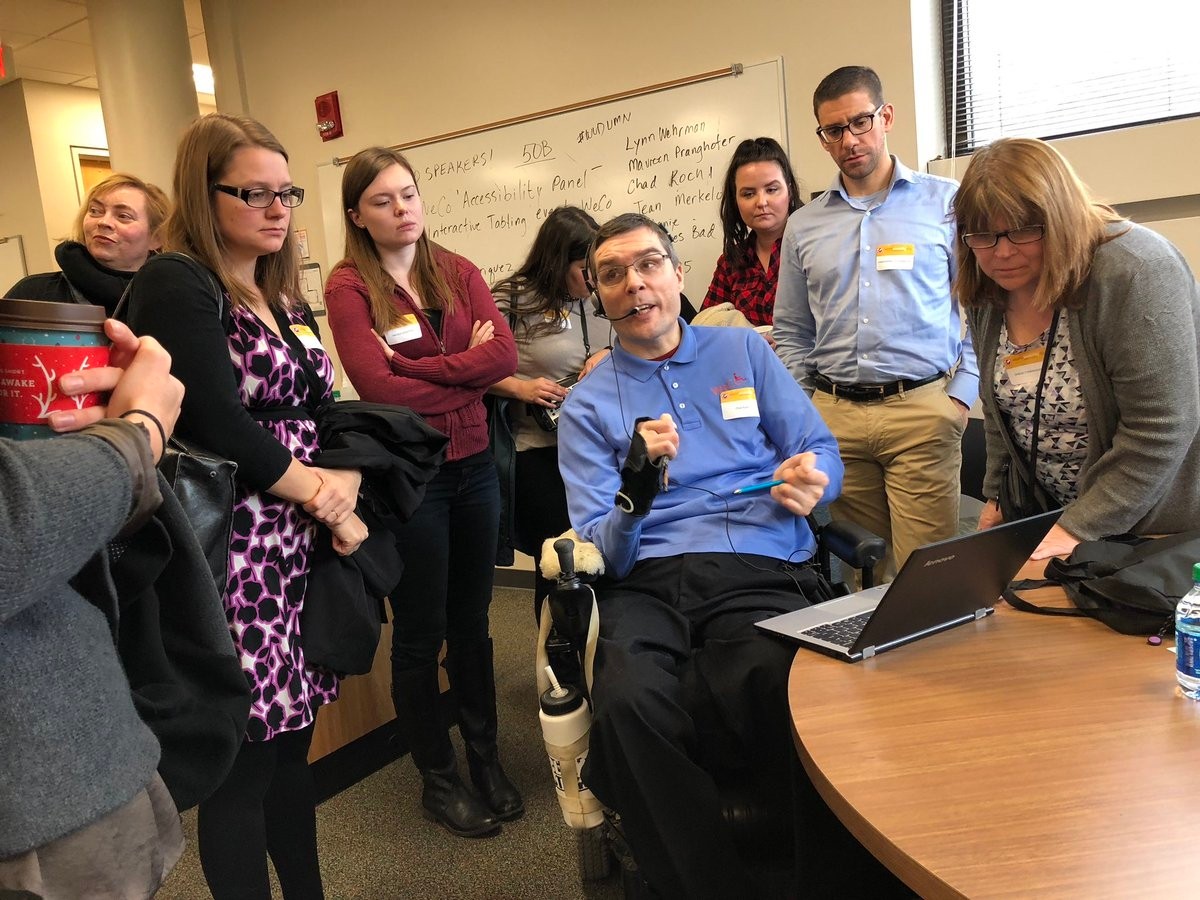
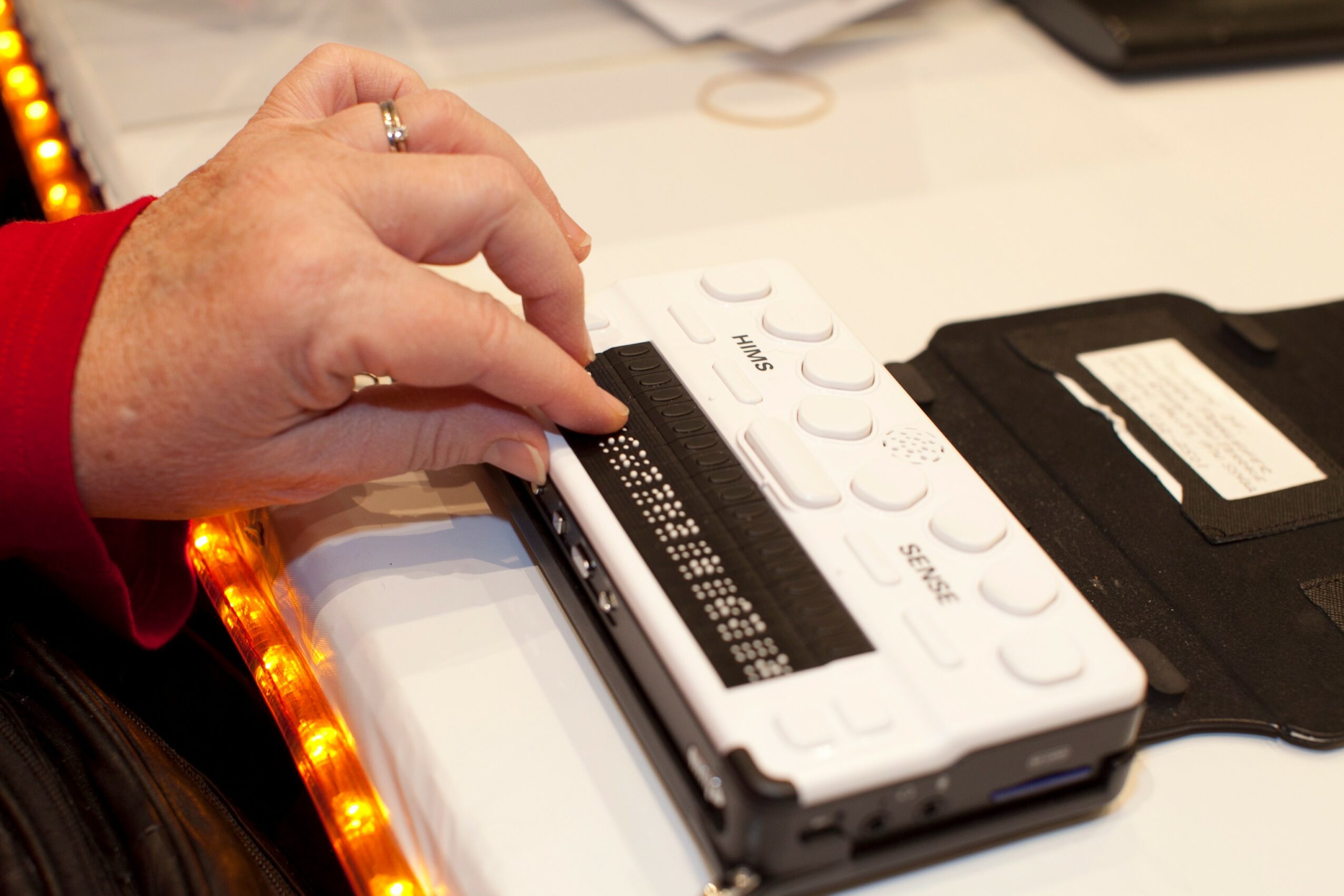
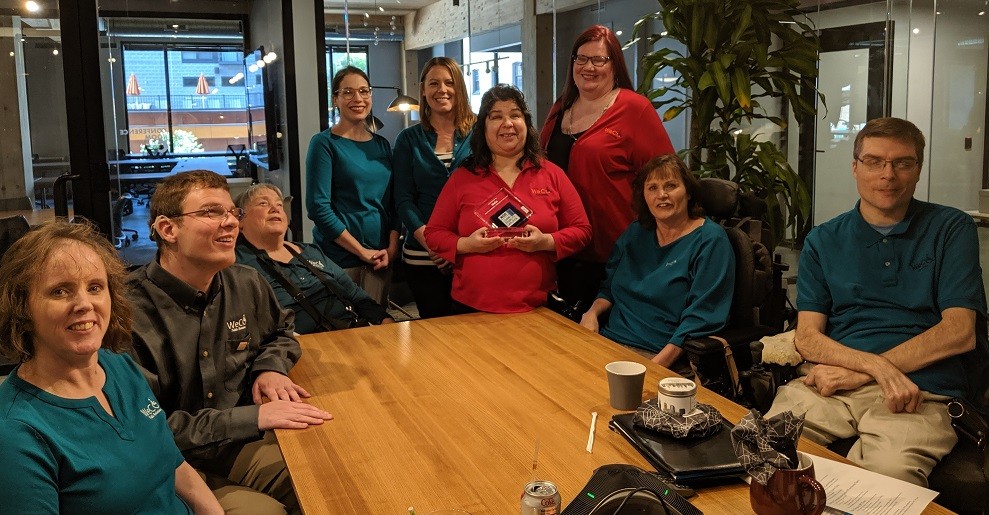
Image Credits
The Wehrman Collaborative, LLC











